A Guide to Marine Radio Licensing and Regulations for Commercial Use
Introduction: Importance of Marine Radio Licensing
In the vast expanse of maritime activities, communication is not just a convenience—it’s a critical necessity. For commercial vessels navigating the open seas, Marine Radios play a pivotal role in ensuring safety, coordination, and emergency response. This guide sheds light on the significance of marine radio licensing and the regulatory landscape that governs commercial use.
Licensing Requirements: Types and Application Process
Before delving into the waves, it’s essential to understand the licensing requirements for operating marine radios on commercial vessels. The process varies from country to country, but generally involves obtaining a license from the relevant maritime authority. In Singapore, for instance, the Info-communications Media Development Authority (IMDA) oversees the licensing of marine radios.
There are different types of licenses based on the nature of operations. The two primary categories include the Ship Radio Station License for the vessel and the Radio Operator’s Certificate for the personnel responsible for communication. The application process typically involves submitting documentation, including vessel details, radio equipment specifications, and the qualifications of the radio operators.
Radio Regulations: Compliance with International Rules
Maritime activities are not bound by national borders alone; they adhere to international rules and regulations. Commercial vessels must comply with the International Telecommunication Union’s (ITU) Radio Regulations, which set the standard for maritime communication. These regulations ensure a harmonized frequency allocation, preventing interference and promoting efficient communication at sea.
Staying abreast of these international rules is crucial for commercial operators to avoid penalties and disruptions in communication. When considering marine radios for sale, it’s prudent to choose equipment that aligns with these global standards, ensuring seamless communication across different regions.
Equipment Standards: Requirements for Commercial Vessels
Not all marine radios are created equal, especially when it comes to commercial use. Commercial vessels are required to equip themselves with radios that meet specific standards to ensure reliability and effectiveness. The choice of radio must align with the vessel’s size, purpose, and the areas it operates in.
Look for VHF marine radios for sale that comply with the Global Maritime Distress and Safety System (GMDSS) standards. These radios are designed to facilitate communication during distress situations, offering features such as Digital Selective Calling (DSC) for automated distress signals. Investing in quality equipment not only enhances safety but also ensures compliance with regulatory standards.
Operating Procedures: Proper Communication Protocols
Effective communication on the open seas requires adherence to proper operating procedures. The personnel responsible for radio communication must be well-versed in maritime communication protocols. This includes understanding channel usage, maintaining radio discipline, and utilizing proper call signs and procedures.
Operators should be aware of the specific channels designated for different purposes, such as distress calls, safety communications, and routine operational messages. Training and regular drills help ensure that radio operators are prepared to handle various scenarios, contributing to the overall safety of commercial operations.
Safety Measures: Emergency Communications and Distress Signals
In the unpredictable maritime environment, emergencies can arise without warning. Proper emergency communication protocols are essential for a swift and coordinated response. Marine radios equipped with DSC capability allow for the automatic transmission of distress signals, streamlining the process of seeking assistance.
Familiarize yourself with the proper use of distress signals and emergency frequencies. Regular equipment checks and maintenance are equally crucial to ensure that the radio is in optimal working condition when needed the most. Investing in reliable equipment and maintaining a proactive approach to safety contributes to the overall resilience of commercial vessels.
Ensuring Compliance for Safe Operations
In the dynamic world of commercial maritime activities, compliance with marine radio licensing and regulations is not just a legal requirement—it’s a commitment to safety. From choosing the right VHF marine radio for sale to training personnel in proper communication protocols, every step plays a crucial role in ensuring the smooth and secure operation of commercial vessels.
By understanding and adhering to licensing requirements, international regulations, equipment standards, operating procedures, and safety measures, commercial operators can navigate the seas with confidence. Prioritize safety, invest in quality equipment, and stay informed about evolving regulations to uphold the highest standards of maritime communication. In the vast blue expanse, let responsible radio communication be the guiding beacon for safe and successful commercial operations.

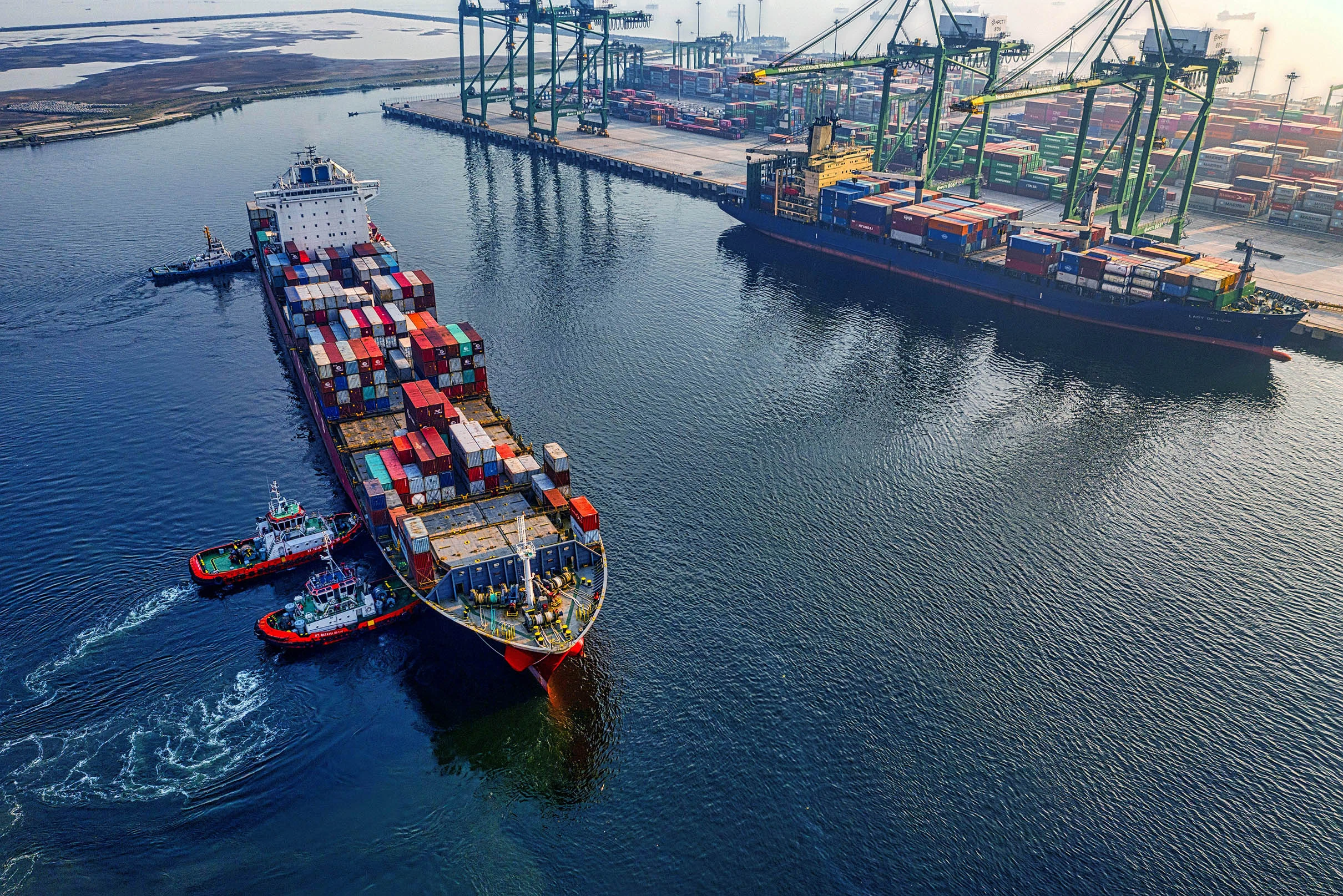

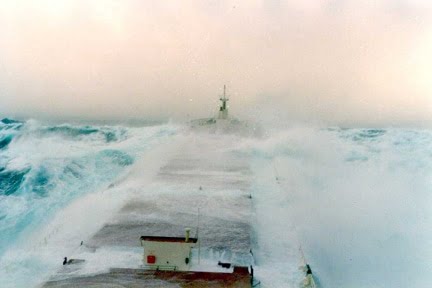
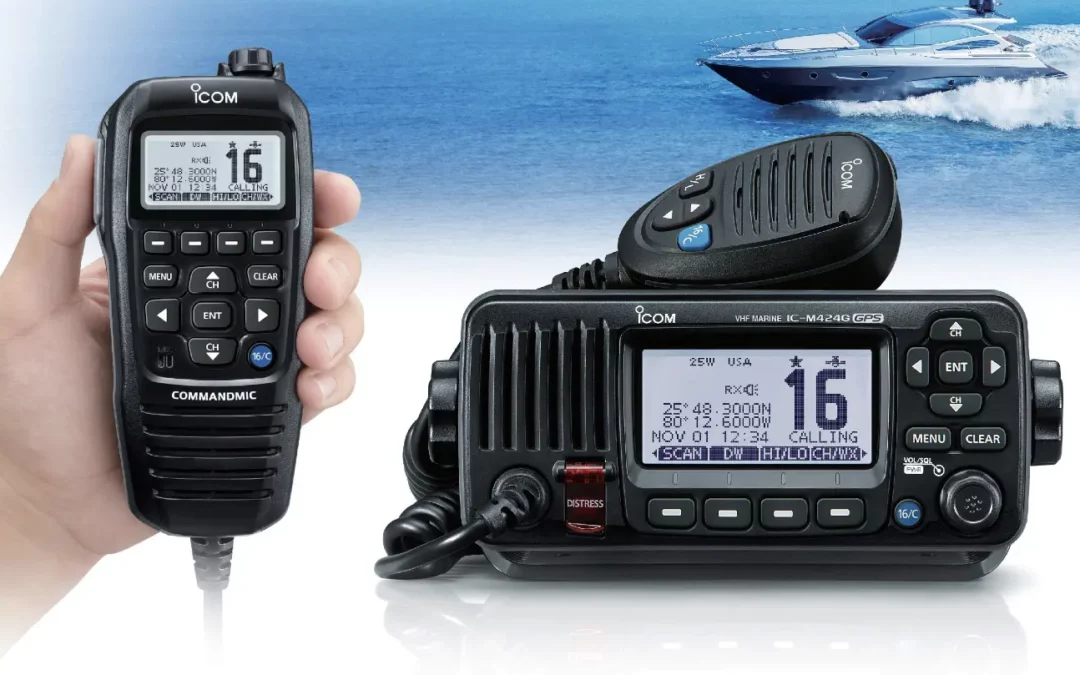

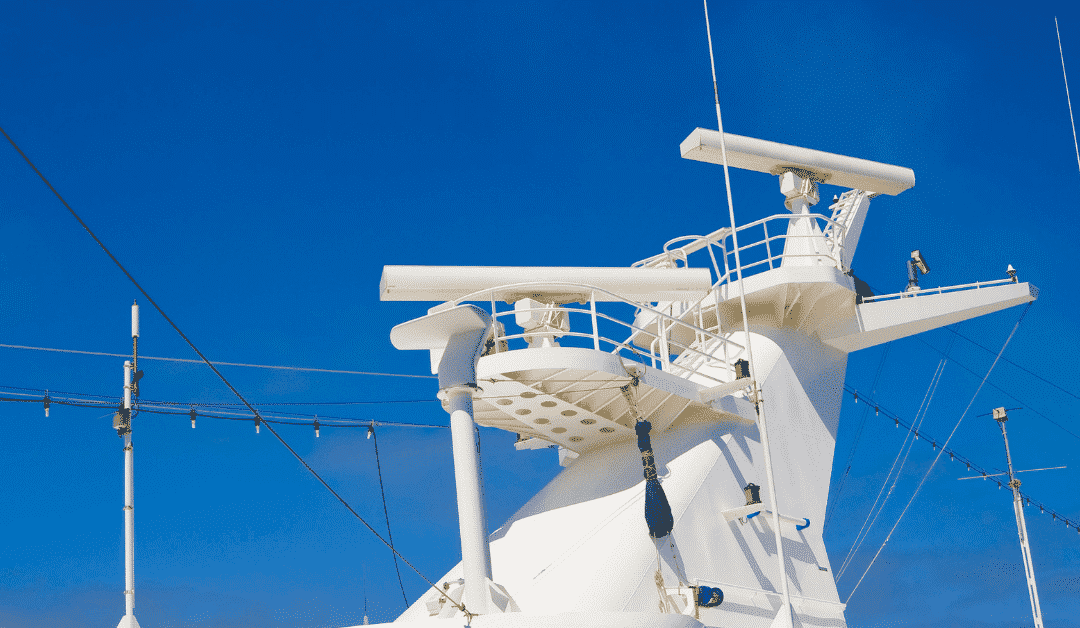
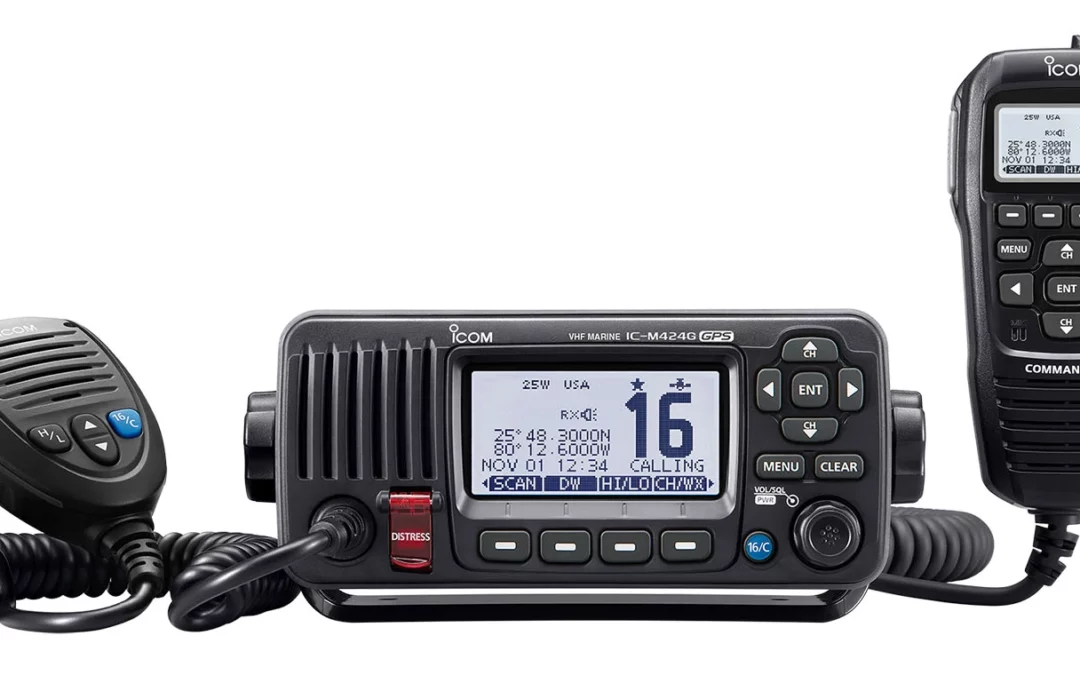
0 Comments